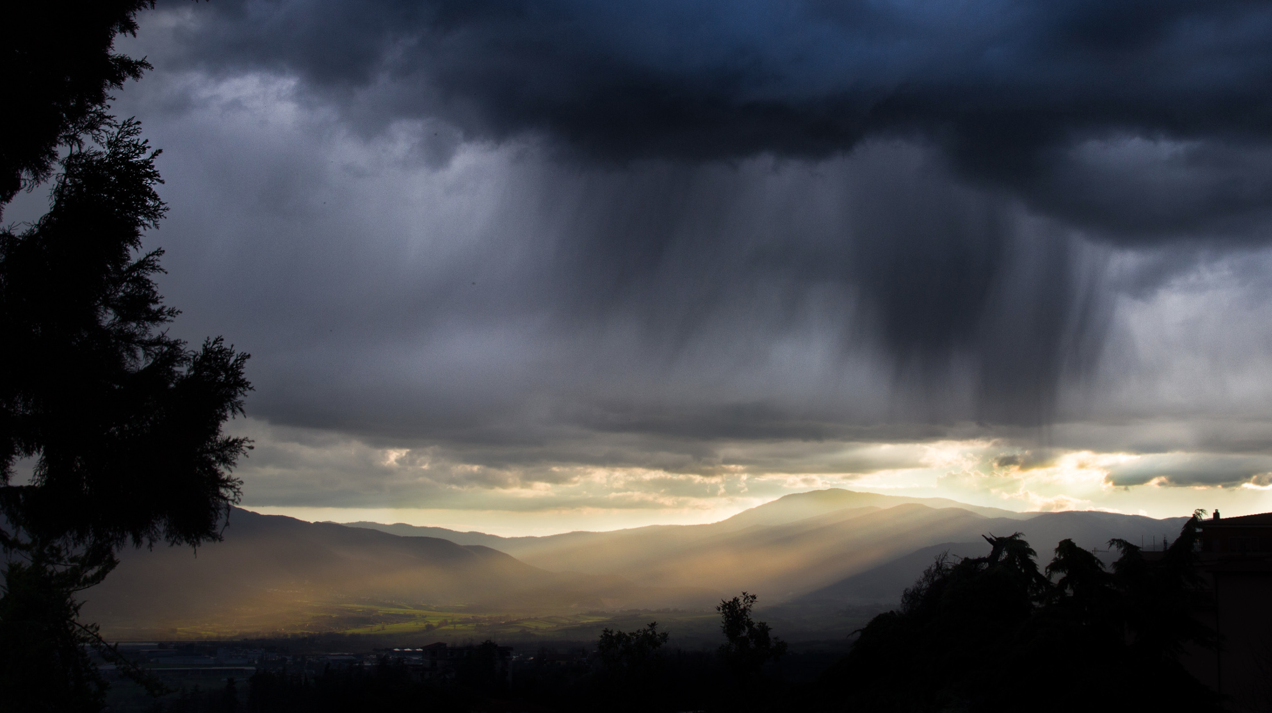The motivation to keep growing, evolving varies between individuals & within the same person at different phases of life, from nonexistent to urgent priority.
One can’t successfully evolve too fast (eg "spiritual bypassing") since such “striving” binds us to “ordinary mind”. Rushing to acquire a goal ties us down to the same primitive (brain stem) level of consciousness that cause problems in the first place.
Nor can we successfully stagnate in complacency – besides the dullness factor, our biological clock is ticking away.
Awareness of our mind-heart-body tells us what we need to physically process right now. Awareness of actual awareness tells us that, right now, we are clarity, peace, silence, stillness, joy.
We have the mysteriously incredible gift of life … can we share our blessings with so many who suffer?
 |
| Angela Classen www.angelaclassen.com |


















